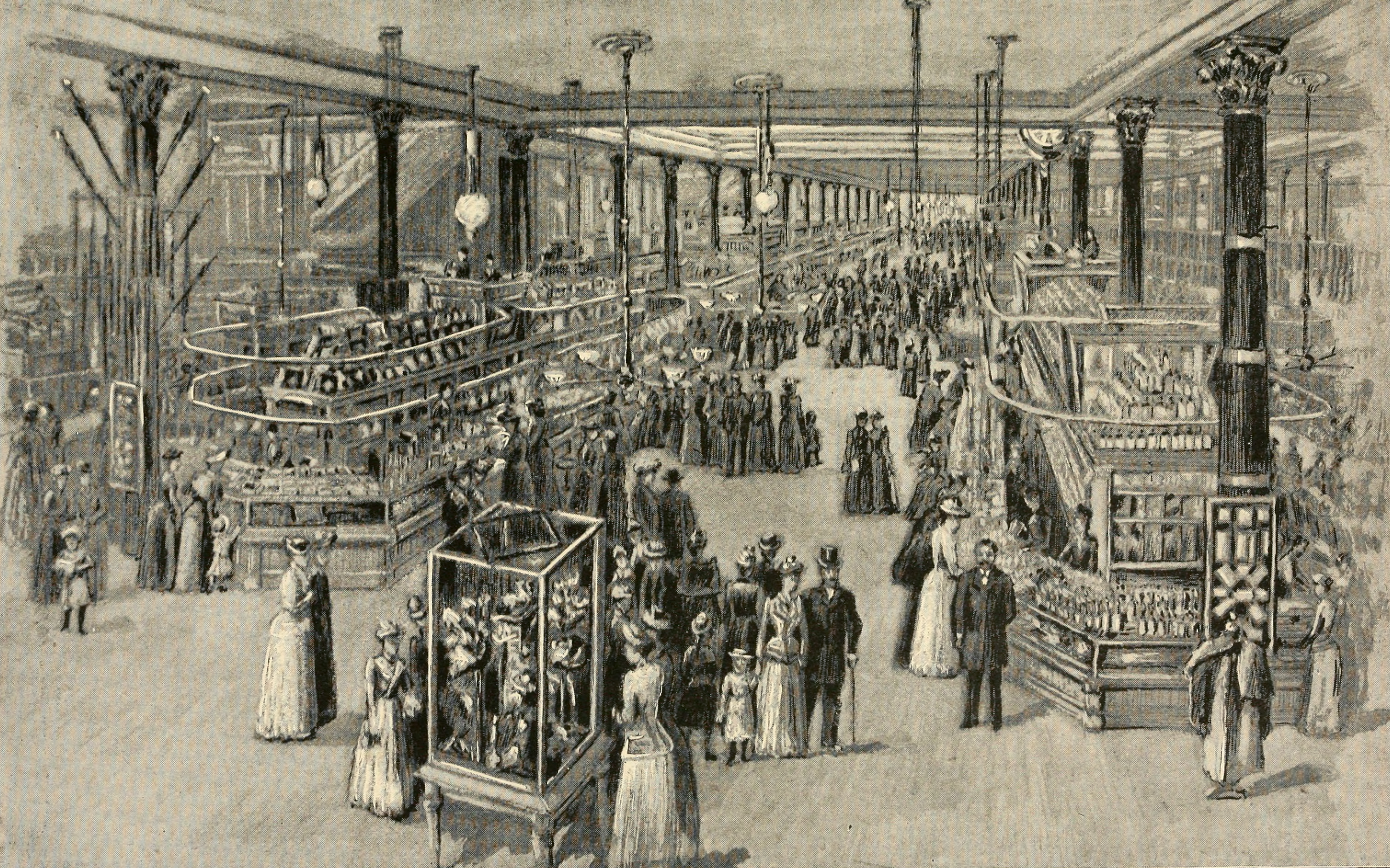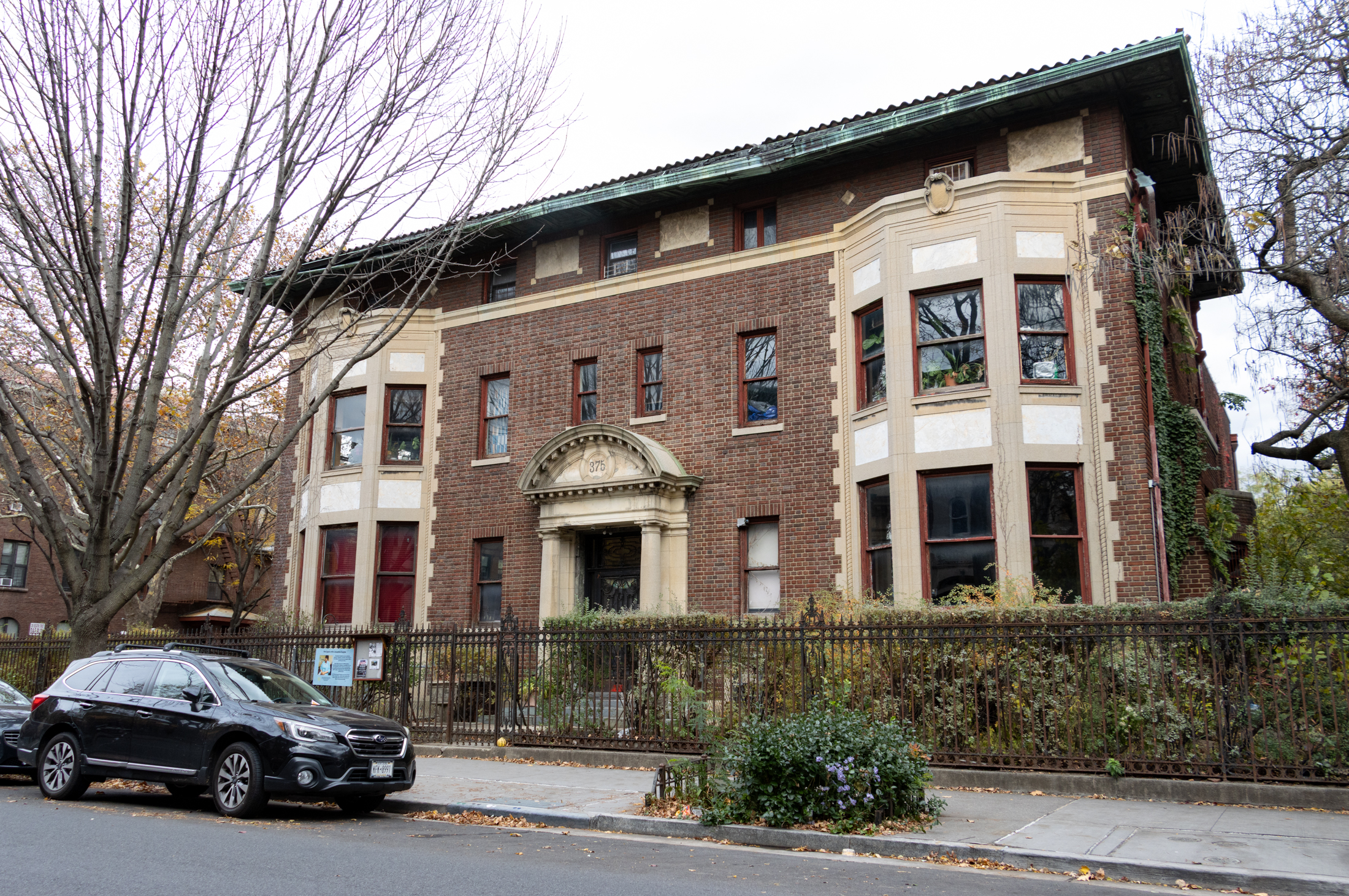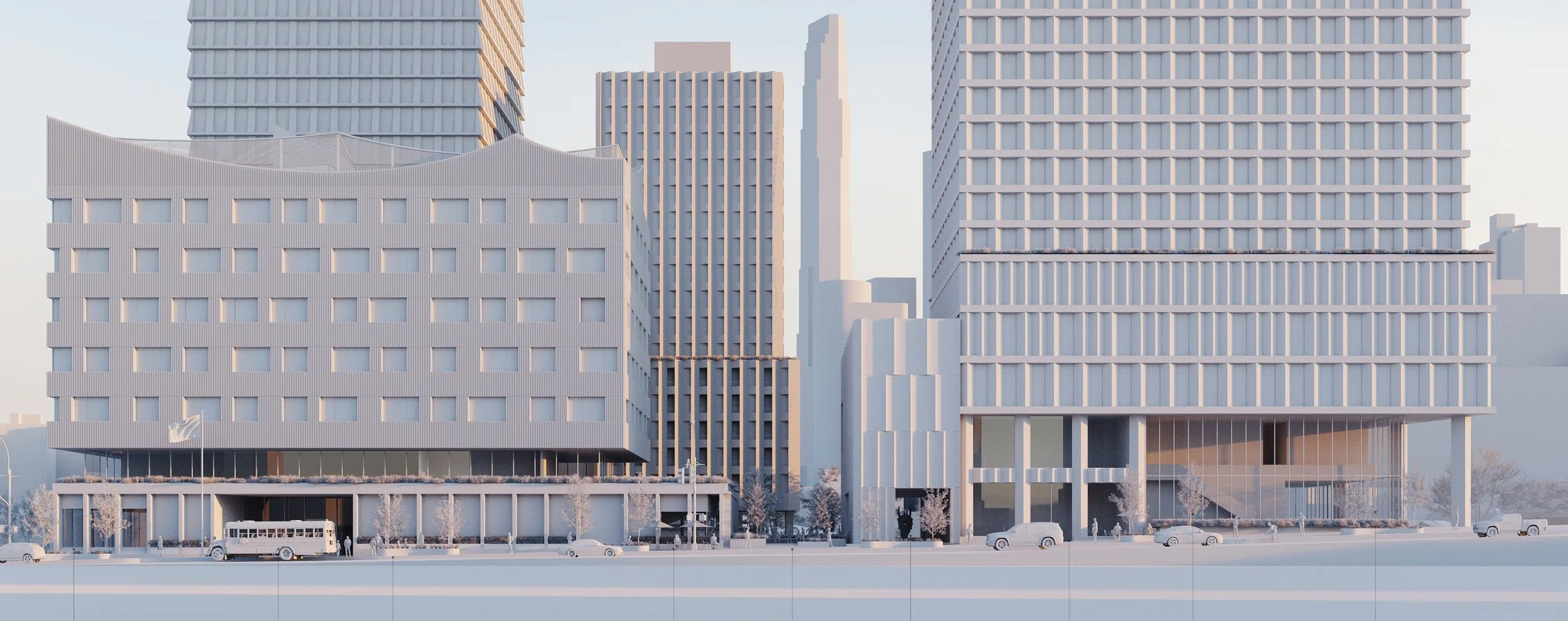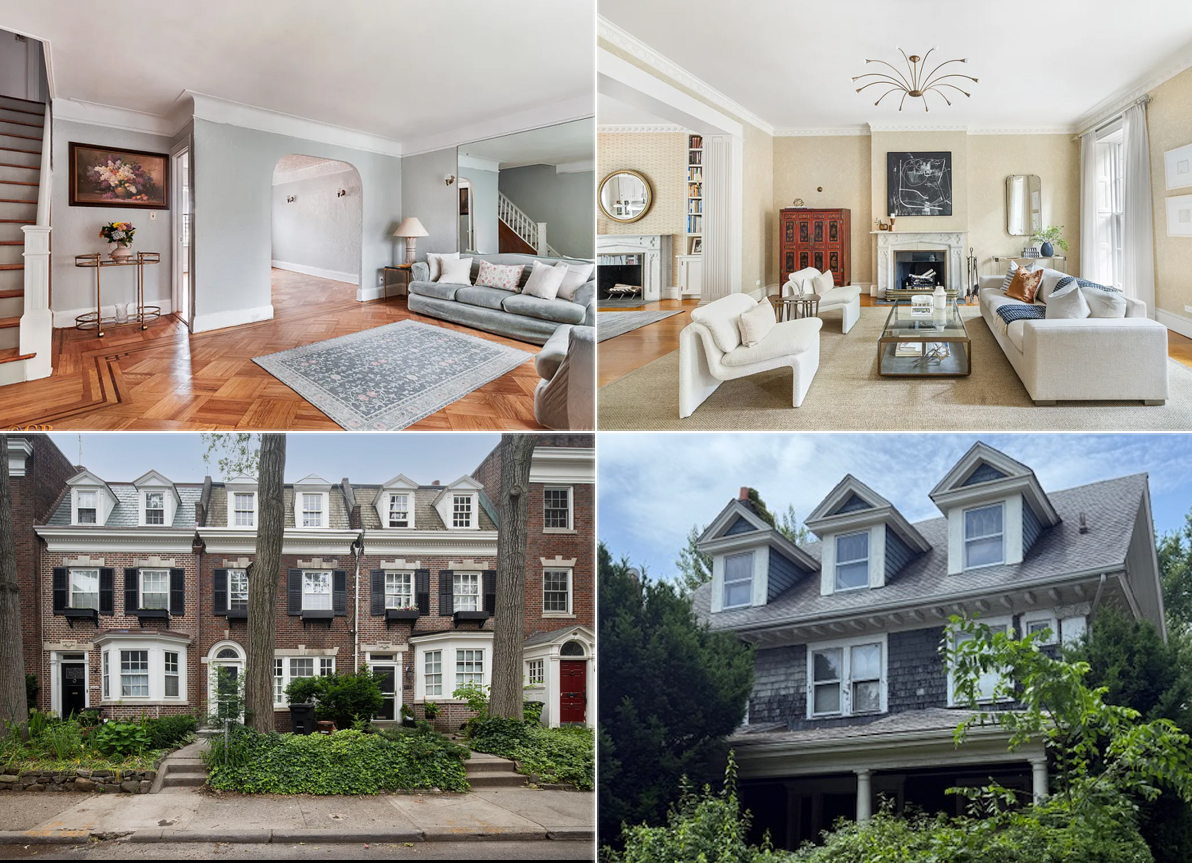Auction Time for 306 St. James Place
At the same public auction where 82 Cambridge is coming on the block, 306 St. James Place will also go to the highest bidder. This one’s not looking quite so cheap though. According to the flier, the opening bid for the four-story, two-family house is $1,400,000. It’s probably still a good deal at that price,…


 At the same public auction where 82 Cambridge is coming on the block, 306 St. James Place will also go to the highest bidder. This one’s not looking quite so cheap though. According to the flier, the opening bid for the four-story, two-family house is $1,400,000.
At the same public auction where 82 Cambridge is coming on the block, 306 St. James Place will also go to the highest bidder. This one’s not looking quite so cheap though. According to the flier, the opening bid for the four-story, two-family house is $1,400,000. It’s probably still a good deal at that price, judging from the one interior photo, but we doubt it’ll end up going for a whole lot more.
Public Sale 8/13/08 [NYC.gov – PDF] GMAP P*Shark
82 Cambridge Place Coming Up For Auction [Brownstoner]





wburghipstersaredirty’s analysis is quite good, except for one thing: there is no city in the world that has long term appreciation as high as 2% over inflation. Shiller has charts if you want empirical evidence. At that rate, the city would rapidly become unaffordable to its residents, far more expensive than its neighbors and lose its attractiveness.
Long run, housing prices track construction costs, which track inflation, not more.
In NYC, medium run, the city has become more attractive than it used to be (although the same is true of most of its competitor cities). Brooklyn has also become more attractive relative to Manhattan than it used to be. Both of these could sustain some secular price increase.
The improvement in NYC quality of life should be reflected in rents — and indeed, Brooklyn rents are closer to Manhattan, and higher than Westchester, than they used to be.
Rents are far less susceptible to bubbles and funny finance than sales prices. No one pays higher rent today because they think they’ll be able to flip the apartment tomorrow. And rents can’t go up much faster than incomes for long or you run out of renters.
NYC housing is readily converted from one to the other. So long as sales prices are higher than rental values, rentals will convert to single family owner occupied. So long as sales prices are above the cost of construction, more stuff will be built.
So comparing rents to sale prices is a good way to filter out the bubble and see only the real improvement in the neighborhoods. If you are trying to figure out what is most likely to happen to prices in the future, your best bet is to assume that sales prices will drop until they meet rental values and construction costs.
Wasder says he is paying less for his house than he did in rent. If the two places are more or less equivalent, and if he is including the opportunity cost on his downpayment as a cost, then that’s a pretty good sign that he paid a fair price.
“Was der anyway I could have resisted my temptation to buy at the top?”
I like this new What. Going back forth between identities, making puns.
I thought a lot about whether this was the right move for my family, and I also don’t think I bought at the top. But there is little doubt that whatever I paid, it is likely to be worth less in a year or two. The questions are what will the neighborhood be like during this time when property values decline, and what will it be worth in two decades when I sell. Because of my professional situation though I don’t think I bought over my head.
Was der anyway I could have resisted my temptation to buy at the top?
I think we all agree that irresponsible lending and hot money would be happily banished to the past.
What, now that you have been outed as DOWhat, how does it feel?
wburghipstersaredirty nicely put. I remember starting off in RE and you could buy a 2 family house in ENY for 90,000. Today that house goes for 550,000. Dig this to the Asshats you just wrote: Blah, Blah, Blah, Blah. Look at this!
“there are 2 factors for the astronomical rise in prices.
1. the what’s mutant real estate bubble.
2. the fact that people want to live in NYC again.”
The factor was “Hot Money” and now thats gone.
Thank you wburghipstersaredirty.
The What
Someday this war is gonna end…
there are 2 factors for the astronomical rise in prices.
1. the what’s mutant real estate bubble.
2. the fact that people want to live in NYC again.
Clearly, #1 is over. However, people want to stay in NYC and will pay for the privilege. So long as that’s true, NYC is in a much better position that nearly everywhere else in the country. Of course, budget crises, a decaying subway system and rising crime will ruin the party entirely….
And before people on here start the “no one buying these brownstones were using those types of loans” think again. Yes they were – at the start of the bubble until the prices went over what they could get that kind of money for. There were prices all over Brooklyn 8 years ago that were normal for the city (and yes much higher than the rest of the country a that time even then but at least normal). The idea became that if an overpriced yet loan obtainable ENY (just for example – nothing against ENY but historically it’s been a cheaper area) house could bring 200K then surely my WT, PLG, PS, etc house must surely be double that, triple, that, etc. and appraisers were thinking that too. Then that ENY house would flip for 250K because those buyers were using those alternate type loans knowing they could also flip when the money ran out, so then my XX neighborhood house just went to 500K, and so on and so on. The higher priced neighborhoods just kept getting doubly higher as the lower priced neighborhoods also elevated. It had nothing to do with real value of the bricks and mortar or because people were moving here from Ohio.
It’s definitely not the time to buy right now no matter what the hypsters on here are touting. Circumstances over the past 5-8 years are what made these house prices what they are today, and those circumstances will never come around again. Sub prime, alt-a, interest only, no documentation loans, etc. When any unemployed hick could buy a house for no money down, cash back at closing, “guarantee of rising prices”, etc, then sellers were able to get just about whatever they wanted, appraisers were inflating values, banks were taking their fees and selling to secondary markets, and brokers were making a bundle. As long as those conditions remained intact, there was no end to the bubble. My house in Williamsburg was worth 100K in the late 90’s, and I thought that that was high then. Then when the free money started flowing, prices went higher and higher and higher with no end in sight. Now that those conditions are over, and the money is frozen except for people who actually can pay it back, there aren’t that many people out there looking to move in for a few months and flip out since doubtful they could flip, and banks realize that and realize that since the buyer is actually going to have to live there for 30 years, they are finally sanefully only lending money to people who have jobs and can pay it back. In the normal history of US housing, 2-3% per year has been a normal gain. That means my house that was worth 100K 10 years ago should be worth about 130K now. Maybe a little more simply because of growth of the city. Heck even say 200K would be a high realistic amount. However, it now appraises at 1.5 million. If it were to be destroyed by fire tonight, it would cost me maybe 150K to rebuild. So is the lot really worth 1.35 million? Hardly. People who believe we can never return to 10 year ago prices are delusional. When the bricks and mortar replacement price is still in the 150-300K range, we can certainly fall back to nearly that amount no matter what part of the city we live in. Now that people are losing jobs, bonuses are drying up, the cost of electricity, heating gas/oil, water, food, and transportation (car or MTA) are rising astronomically, people cannot make their 5000-10000 mortgages, even if they have 5 families living with them like a tenement. Realistically, real estate classes and history will tell you people can truly only afford 28-36% of their income for housing. Any more than that and you’re living on the edge that can break out from under you at any time. That is what we are starting to see. When there are thousands of houses going to auction, and only tens of buyers qualified and able to buy, supply and demand will work its magic. There is no way I would pay these prices right now if I were looking to buy. Any price on here should be divided by four to be at a normal inflation rate. Houses in East New York, Brownsville, and Queens going to half a million? Insane. back when my house was worth 100K, not even 10 years ago, houses in those areas were around 30-50K. We can and will return to normalcy. There aren’t that many people whose 36% could pay for these prices. And for those of you who bought into this hype and paid these kinds of prices, may God bless you with the next 30 years of health and gainful employment. Have you really thought about what would happen if you lost your job for a couple months? It’s not like you can turn around and sell it for a profit anymore and walk away. I’m glad my house is paid for.
Despite how much you originally paid and what you sell it for, the profit margin isn’t as great as some people think. Who really keeps track of the upkeep of a home: repairs, landscaping, fuel, insurance, taxes (though in Brooklyn it’s peanuts), upgrades, etc. and factors that into the final selling price? Very few. So no one buying a house today is going to see the price double in 7 years. Buy because you want to live there for a while and it’s not going to break you. I live in upstate NY and buying a property on the Hudson river for under 200K. I downsized my car for fuel efficiency and that almost pays for itself, I look at every expense and see where I can make a change. I don’t count on real estate as my future despite owning several income producing rental properties. Buy with your head not over it.